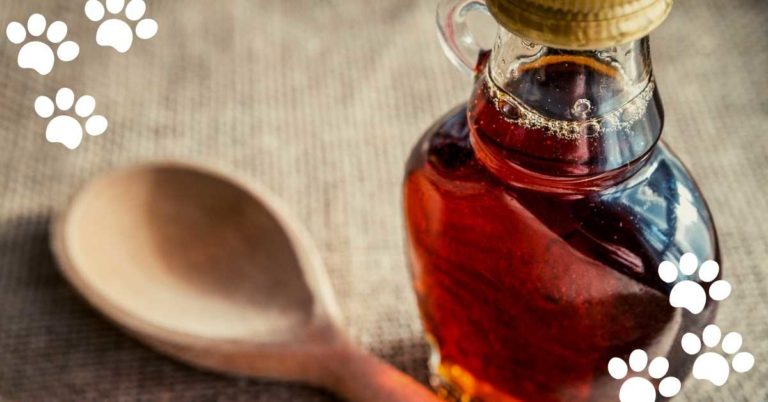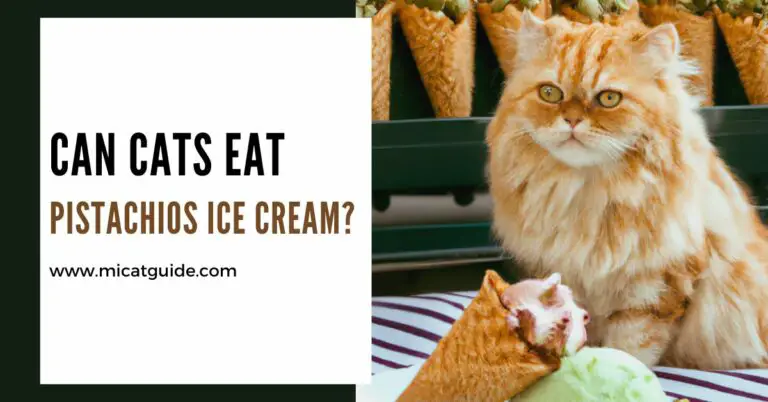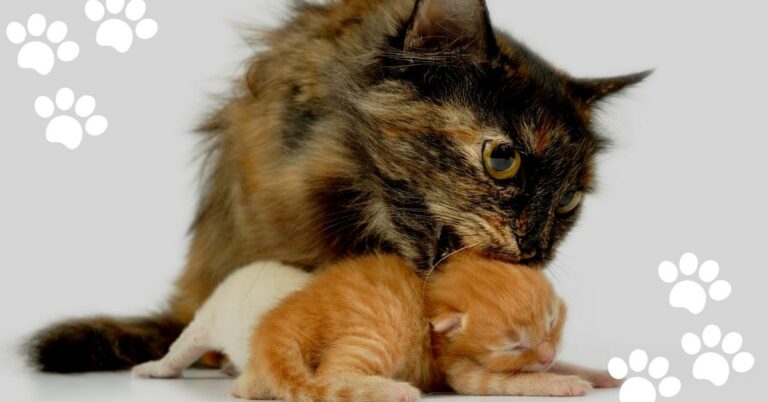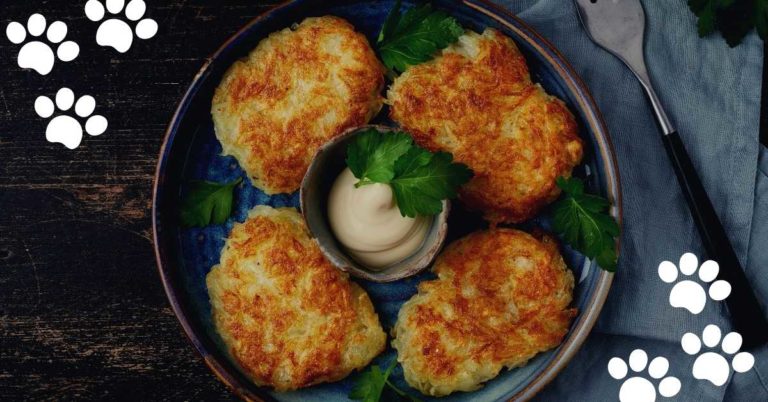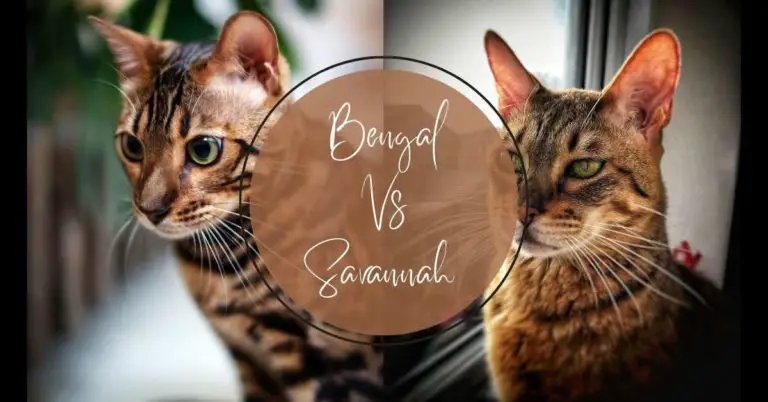Can Cats Eat Squash? A Comprehensive Guide to Feline Nutrition
For pet owners who love to share their table scraps with their furry friends, the question “can cats eat squash?” might have crossed your mind a time or two. It’s not unusual to wonder about the dietary habits of felines, especially when you’re health-conscious or exploring homemade pet food.
In this detailed post, we’ll explore the compatibility of squash with your cat’s diet and how to include this veggie safely in their meals.
Is Squash Safe for Cats?

While cats are obligate carnivores, meaning meat is the primary component of their diet, they can indulge in a little vegetable matter from time to time. Certain types of squash can offer your cat a nutritional boost. Here’s a closer look at the varieties of squash that are typically safe for felines:
Types of Squash Safe for Cats
Among the various types of squash, the following are generally safe for cats:
- Acorn Squash: Rich in vitamins A and C, acorn squash is a flavorful option for your cat. The Connecticut Field variety is particularly popular due to its taste and storing capabilities, but with proper information on other varieties, they can be included in your cat’s diet.
- Butternut Squash: Known for its sweet, nutty taste, butternut squash can be a favorite treat for your cat.
- Zucchini: A mild-tasting and easy-to-digest squash, zucchinis are often palatable for cats.
- Pumpkin: In the squash family, pumpkin is a common choice for feline diets, primarily due to its role in aiding digestion.
Nutritional Benefits and Risks
Squash is rich in fiber and a variety of vitamins, which is beneficial for your cat’s digestive health and overall well-being. However, as with any introduction of a new food, it’s essential to monitor for any adverse reactions. Some cats might not take well to squash and could experience minor digestive upset, like vomiting or diarrhea.
How to Feed Squash to Cats?
Incorporating squash into your cat’s diet isn’t just about the “what,” but also the “how.” Here’s a look at the best methods to serve squash to your feline friend.
Preparation Methods
Always prepare squash properly to avoid harming your cat. Remember to remove seeds and cut the squash into manageable and digestible pieces. Cooking squash until it’s soft can make it easier for digestion and can be mixed in with their regular food or given as a tasty standalone treat.
Portion Control and Frequency
Moderation is key when introducing any new food to your cat’s diet. A few small pieces a couple of times a week should suffice. Remember, cats have unique palates, and some might not be interested at all, while others might develop a liking for squash over time.
Alternatives to Squash for Cats
If your cat’s not a fan of squash or you’re looking for variety, there are other fruits and vegetables that can complement your cat’s dietary needs.
Other Cat-Friendly Fruits and Vegetables
Consider offering your cat small portions of these fruits and veggies:
- Carrots: Rich in beta carotene, carrots are a healthy, crunchy, and enjoyable snack for cats.
- Cucumber: Low in calories and high in water content, cucumbers make a refreshing treat for cats.
- Fruits like Apples and Berries: These can be fed occasionally, in small quantities, as a sweet and vitamin-rich snack.
Balanced Diet Considerations
While occasional treats are fine, the bulk of your cat’s diet should consist of high-quality cat food that meets their nutritional requirements. Speak to your veterinarian about the best way to introduce new foods into your cat’s diet, and ensure that their overall meals, whether canned, homemade, or raw, are well-balanced.
Potential Risks and Precautions
Introducing squash to your cat’s diet should be a cautious process. Always keep an eye out for any adverse reactions, and take the following into account:
Allergies and Digestive Issues
Many cats are fine with squash, but some may have allergies to this or other vegetables. Signs of an allergic reaction can include itching, swelling, or breathing difficulties. Also, be mindful of any changes in stool or eating habits that may indicate digestive issues.
Consulting a Veterinarian
If you’re considering a significant overhaul of your cat’s diet or have health concerns, it’s wise to consult your veterinarian. They can provide advice tailored to your cat’s specific needs and health status.
In conclusion, while squash can be part of a healthy cat’s diet in moderation, it’s important to be mindful of portion sizes, preparation methods, and your cat’s individual reaction to the vegetable. Always prioritize a well-balanced, cat-appropriate diet and seek professional advice when in doubt. With a sensible approach, your feline friend can safely enjoy the occasional serving of squash as a flavorful addition to their palette.

